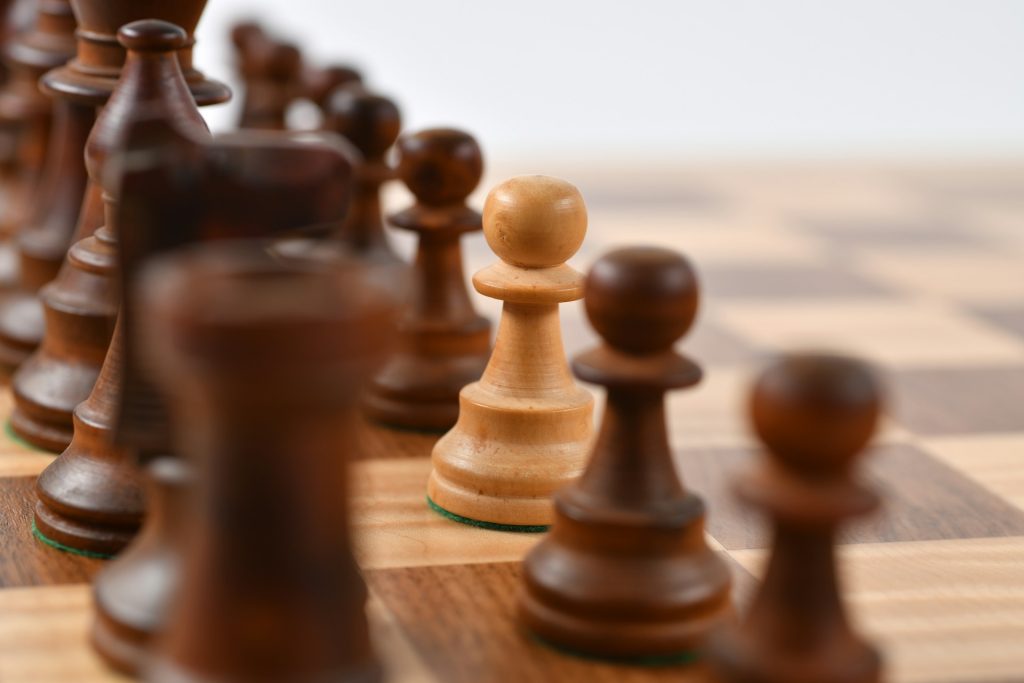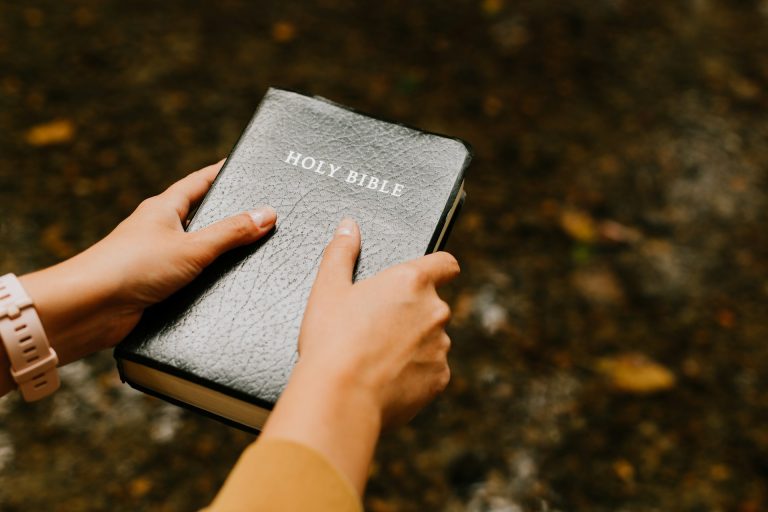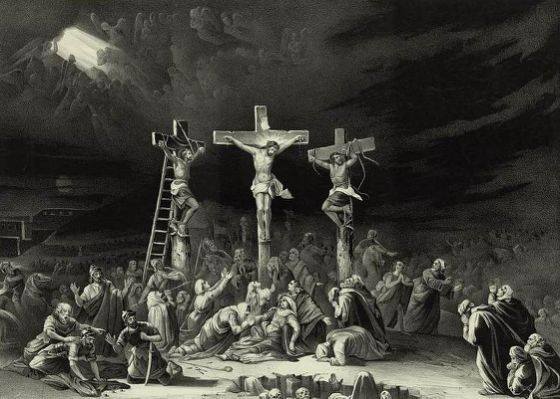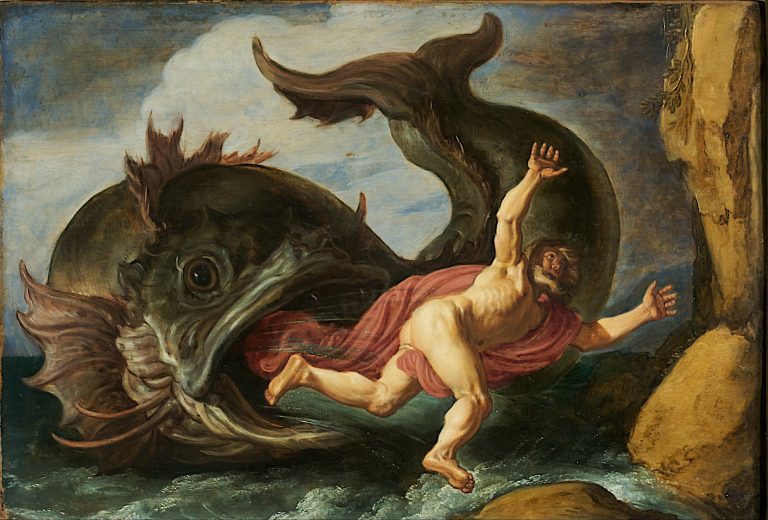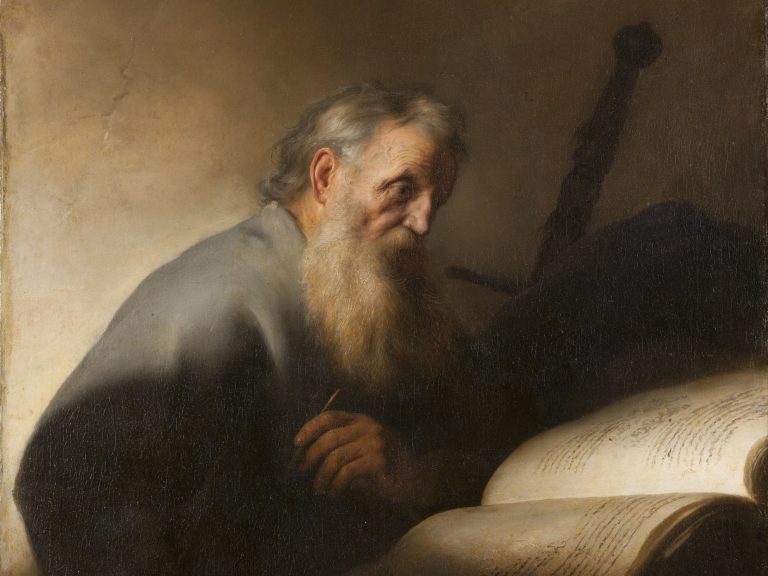The “pawns on a chessboard” analogy may continue by imagining several levels of chessboards. We, moving across our individual board from birth to death may picture another chessboard, immediately above us. On “God’s Chessboard”, above the Kingdom of the World, to which we can move any time we want, the “pawns” are no longer manipulated as easily. There, we decide what we believe and what way we will move toward He Who made the board below and everything on, above, and below it.
The happiest ex-pawns move closer to God, above the distractions of the lower chessboard(s). As we rise, we look back on the Kingdom of the World, and see the pawns behind, not even struggling as they are moved from square to square, either to be trampled by an elephant, have their head chopped off by a mad queen, lanced by a black knight, or led farther astray by a rogue churchman, always attacking them at unexpected angles.
Their fate, from above, is sure and certain. The only hope they have is to do as we have, and leave lower chessboard for The Kingdom of God, a parallel chessboard above. Some will try. Some, like us, will make it. If we reach out a helping hand, we must keep in mind that some on the board are only waiting for a chance to grab us and pull us back into the world below.
I just ran across a quote on instapundit.com from William F. Buckley that is appropriate when considering pawns and where they originate: In Up From Liberalism, he said:
“In the hands of a skillful indoctrinator, the average student not only thinks what the indoctrinator wants him to think . . . but is altogether positive that he has arrived at his position by independent intellectual exertion. This man is outraged by the suggestion that he is the flesh-and-blood tribute to the success of his indoctrinators . . . “

